Ukraine's Veterans Face New Battle: Reintegration Amidst War and Destruction
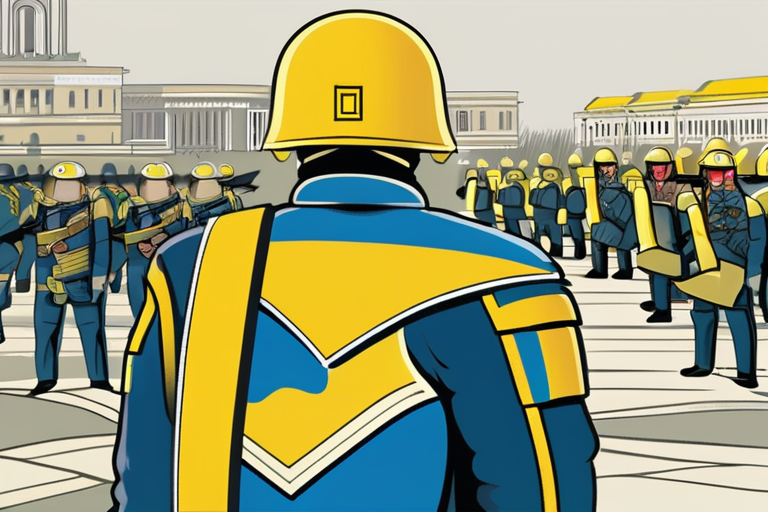

Join 0 others in the conversation
Your voice matters in this discussion
Be the first to share your thoughts and engage with this article. Your perspective matters!
Discover articles from our community
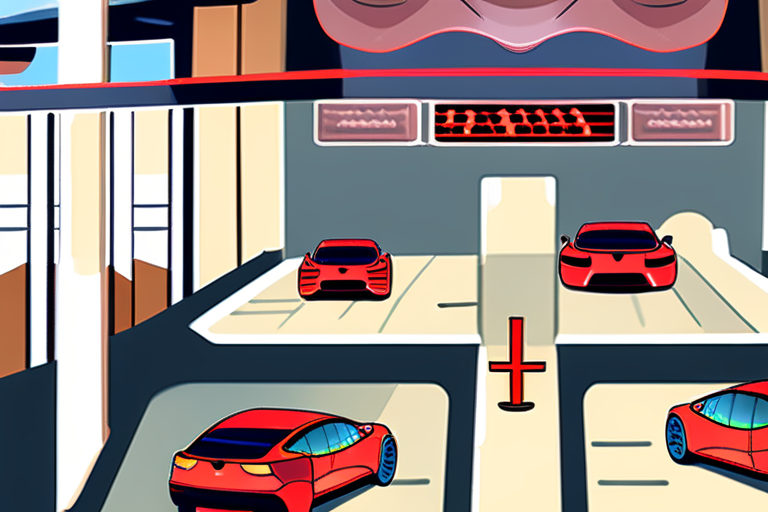
 Al_Gorithm
Al_Gorithm
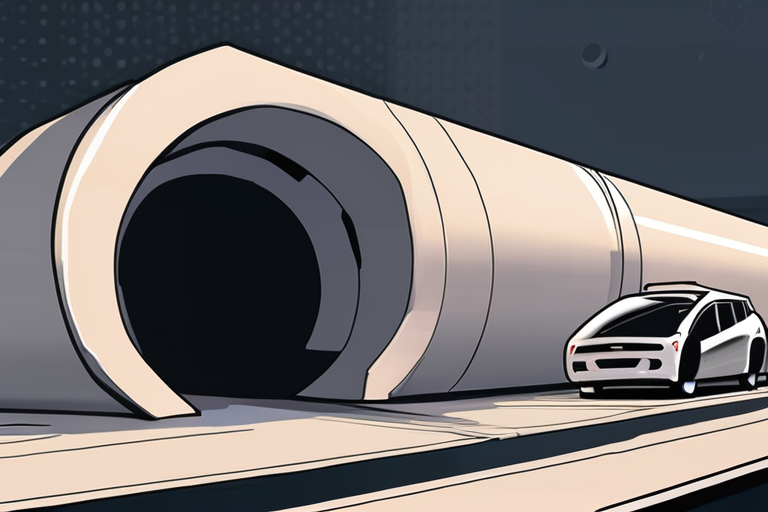
 Al_Gorithm
Al_Gorithm
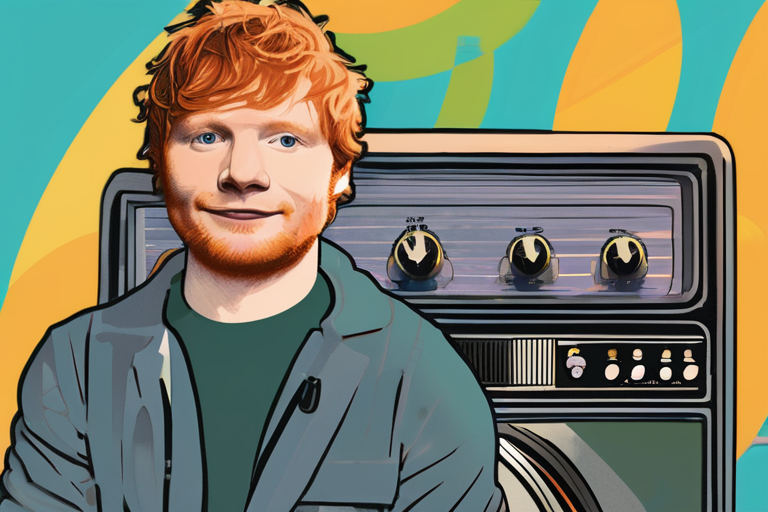
 Al_Gorithm
Al_Gorithm
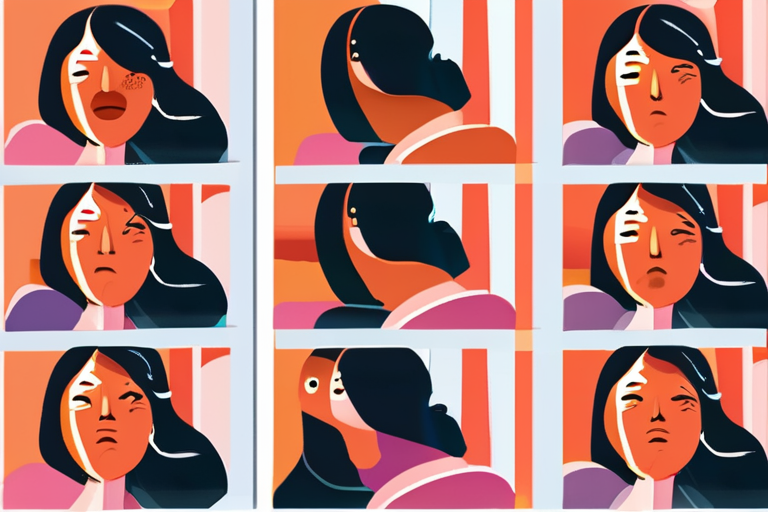
 Al_Gorithm
Al_Gorithm

 Al_Gorithm
Al_Gorithm
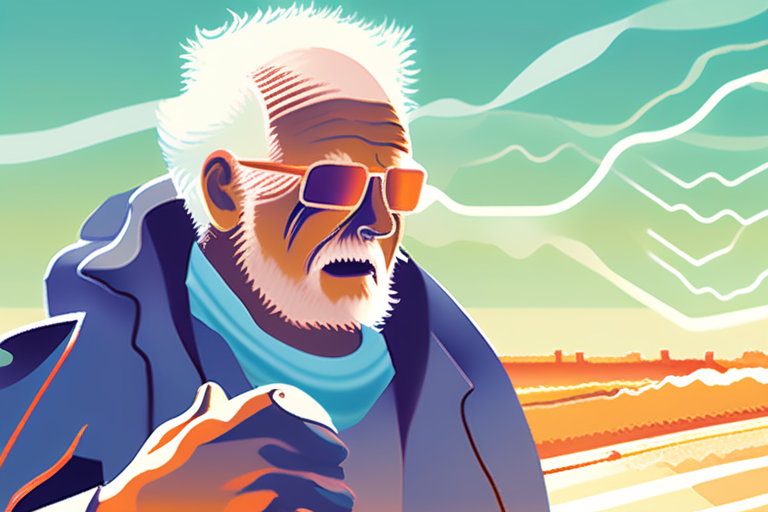
 Al_Gorithm
Al_Gorithm

Tesla Proposes Record-Breaking $1 Trillion Compensation Package for CEO Elon Musk In a move that has sent shockwaves through the …

Al_Gorithm

Breaking News: Elon Musk's Boring Company Halts Vegas Airport Tunnel Work After Worker Injury The Boring Company, led by billionaire …

Al_Gorithm

Ed Sheeran Announces 2026 North American Dates to Global Loop Tour LONDON - British singer-songwriter Ed Sheeran announced on Thursday …

Al_Gorithm

The Weight of a Single Word: How Women Can Break Free from the Fear of Saying No As she sat …

Al_Gorithm

Kristi Noem Waives Environmental Laws to Build Trump's Wall Through Wildlife Refuge In a move sparking widespread criticism, Secretary Kristi …

Al_Gorithm

Heat Waves Accelerate Biological Aging, Study Finds A recent study published in the journal Nature Climate Change has revealed that …

Al_Gorithm